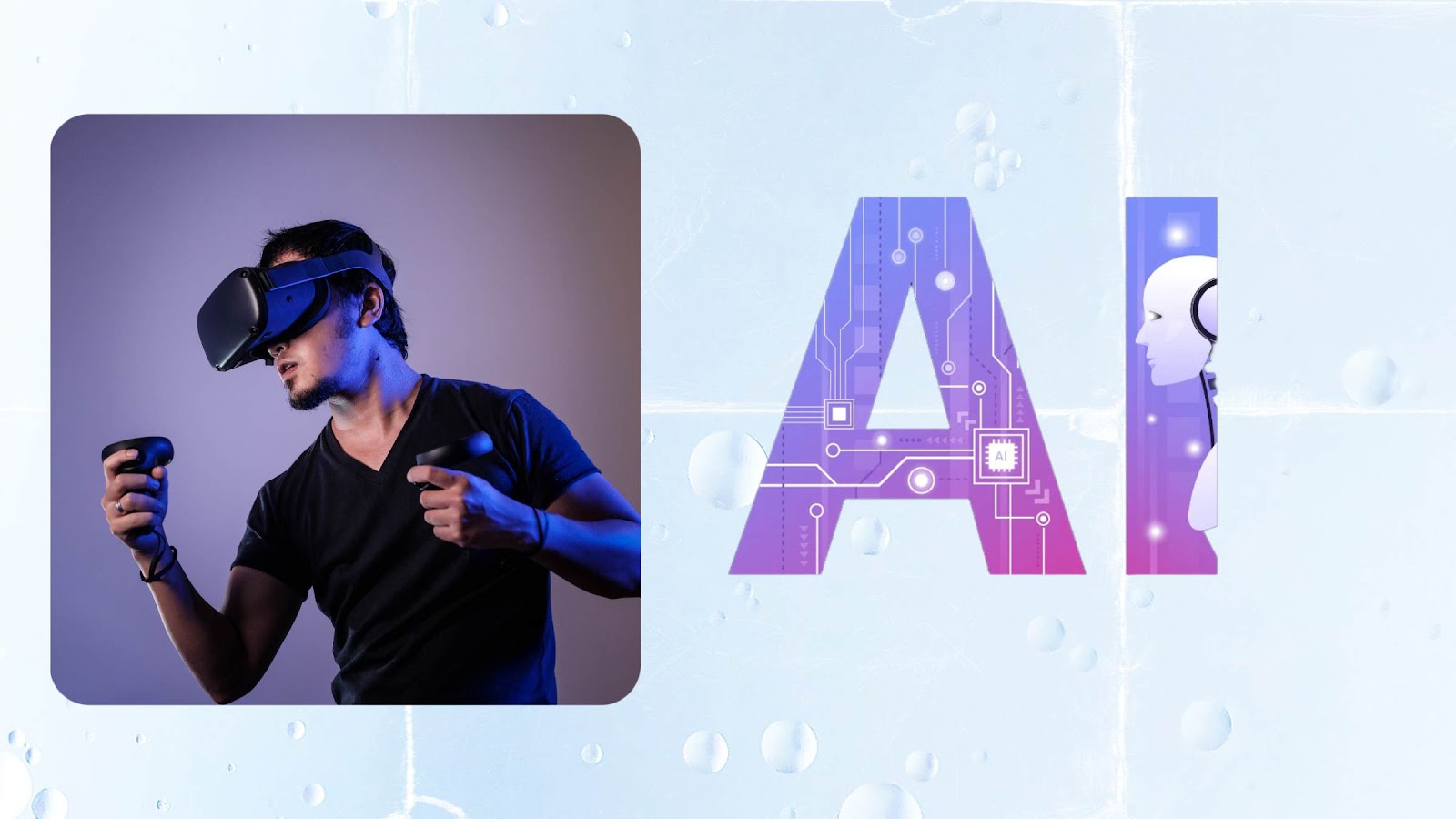The Rise of Artificial Intelligence: Transforming Our World
Artificial Intelligence (AI) has emerged as one of the most transformative and revolutionary technologies of our time.
With its ability to mimic human intelligence and perform cognitive functions, AI has already made significant strides in various sectors, unleashing tremendous potential for societal and economic progress. In this blog post, we will explore the incredible capabilities and advancements of AI, as well as its impacts on different aspects of our lives.
1. Understanding Artificial Intelligence:
AI refers to computer systems designed to mimic human intelligence and analyze vast amounts of data to make informed decisions or perform complex tasks. It encompasses techniques like machine learning, natural language processing, computer vision, and deep learning, which enable machines to progressively learn and adapt without explicit programming.
2. Applications of AI:
AI has permeated numerous industries, transforming the way we work, communicate, and live. Some prominent applications include:
- Healthcare: AI aids in diagnosing diseases, analyzing medical images, and developing personalized treatment plans, thus enhancing patient care and outcomes.
- Transportation: Self-driving cars powered by AI promise safer and more efficient roadways, reducing accidents and traffic congestion.
- E-commerce: AI-driven algorithms analyze consumer behavior to provide personalized recommendations, improving customer experiences and driving sales.
- Finance: AI algorithms are used for fraud detection, risk assessment, and automating financial processes, leading to enhanced security and operational efficiency.
- Education: Intelligent tutoring systems, powered by AI, facilitate personalized learning experiences, adapting to individual student needs and improving educational outcomes.
3. Impacts on Society:
With AI's exponential growth and integration into various domains, society has witnessed both positive and negative impacts.
- Job Transformations: While AI may automate certain tasks and professions, it also creates new jobs and opportunities that require human collaboration and creativity. Upskilling and reskilling will become crucial to thrive in this evolving landscape.
- Ethical Considerations: Discussions surrounding privacy, bias, and accountability in AI algorithms have gained prominence. Ensuring ethical AI development and implementation is essential for maintaining societal trust.
4. Advancements in AI:
The field of AI continues to evolve rapidly, witnessing remarkable advancements:
- Natural Language Processing: AI-powered language models can now generate human-like text or have meaningful conversations, enabling chatbots and virtual assistants to become more sophisticated.
- Deep Reinforcement Learning: AI systems trained through reinforcement learning have achieved exceptional performance in complex tasks like video games and robotic control, propelling autonomous systems to new heights.
- Explainable AI: Researchers are developing methods to understand and explain the decision-making process of AI models, addressing concerns regarding algorithmic transparency and bias.
5. The Future of AI:
The future holds immense possibilities for AI:
- Healthcare Revolution: AI-driven diagnostics, drug discovery, and genome analysis will assist healthcare professionals in making precise diagnoses and developing personalized treatments.
- Improved Sustainability: AI can help optimize energy consumption, reduce waste, and augment climate predictions, contributing to a more sustainable future.
- Human-Machine Collaboration: AI will empower humans to focus on complex problem-solving and creative endeavors, collaborating with machines as intelligent partners.
Conclusion:
Artificial Intelligence is reshaping our world, accelerating progress, and pushing the boundaries of innovation. With cautious implementation and ethical considerations, AI has the potential to revolutionize industries, improve lives, and address society's grandest challenges. As we harness the power of AI, it is imperative to ensure that its benefits are inclusive and sustainable, guaranteeing a future where humans and machines collaborate harmoniously for the betterment of humanity.

